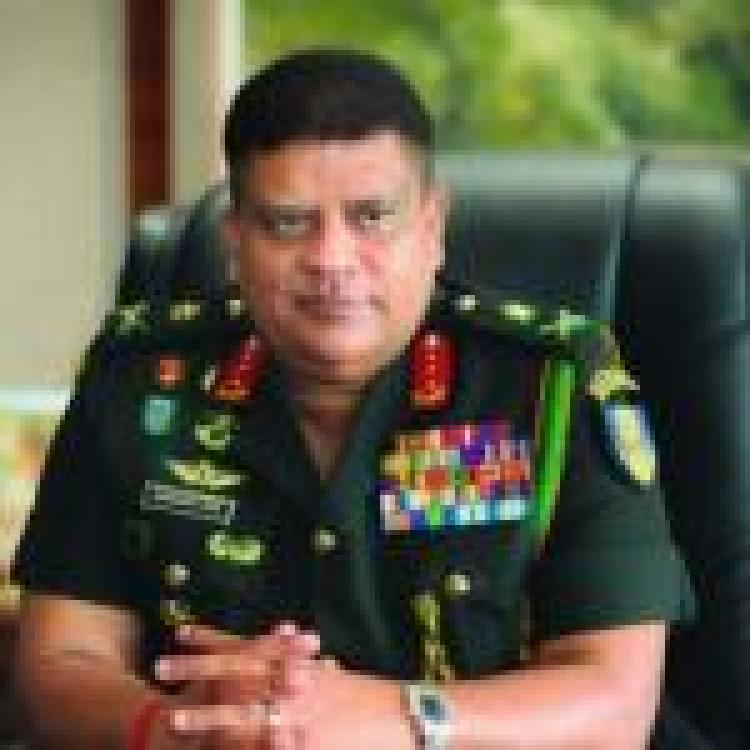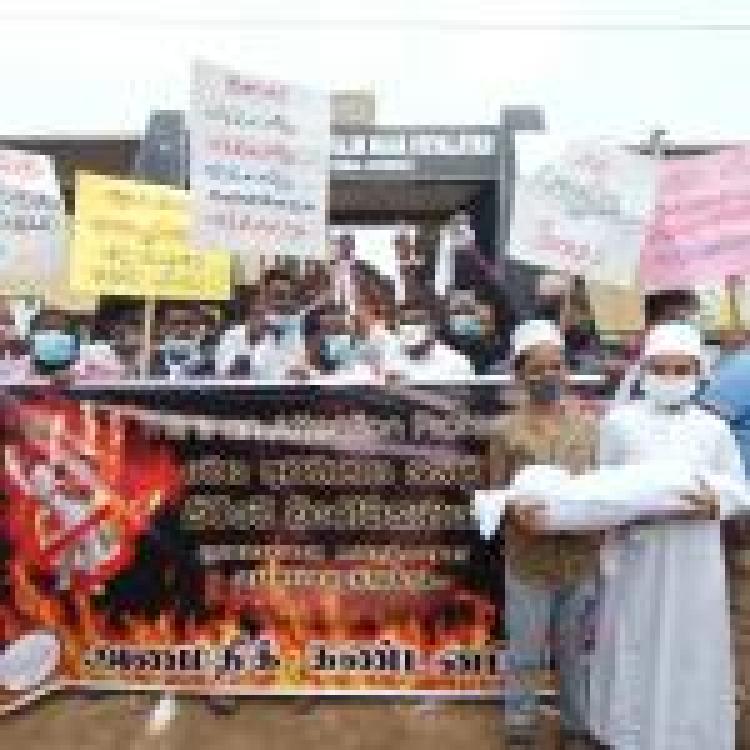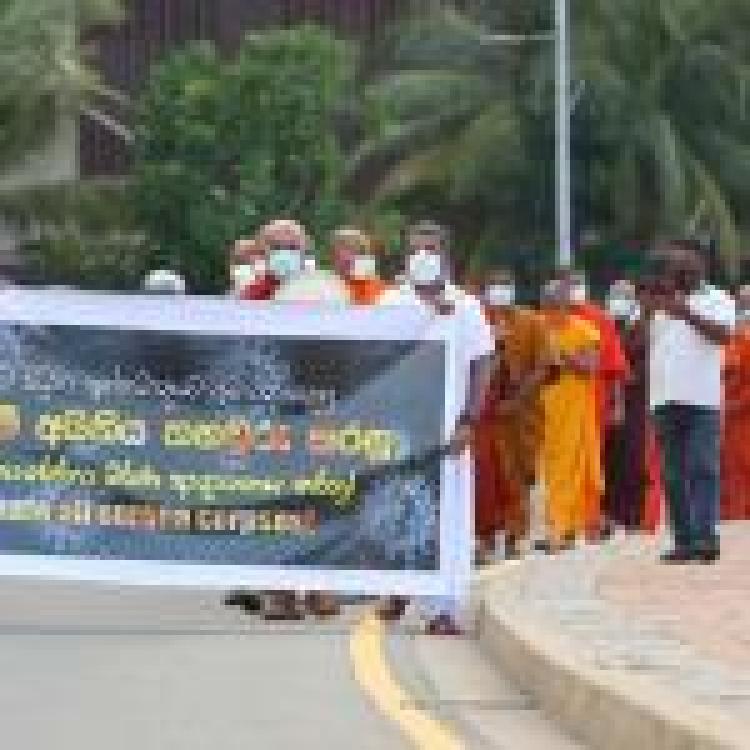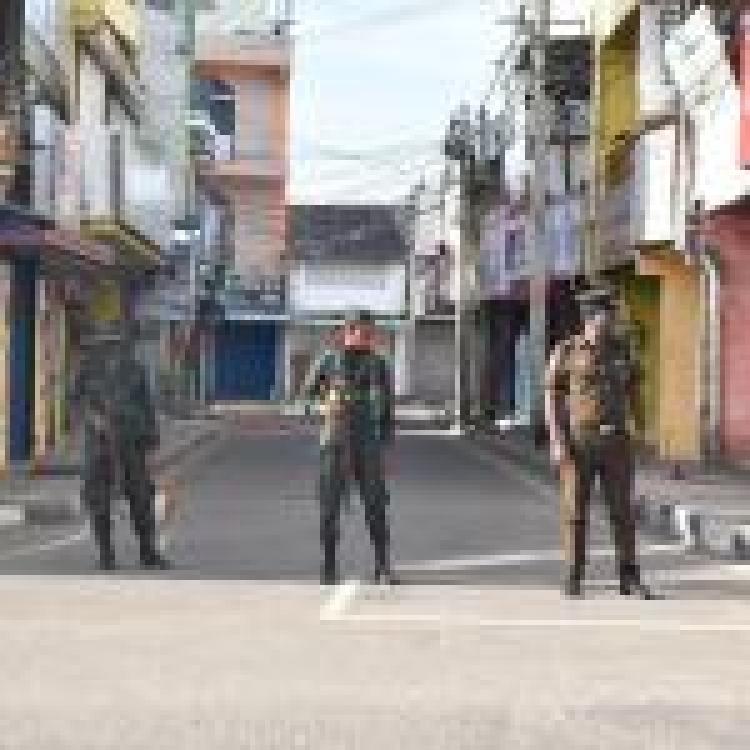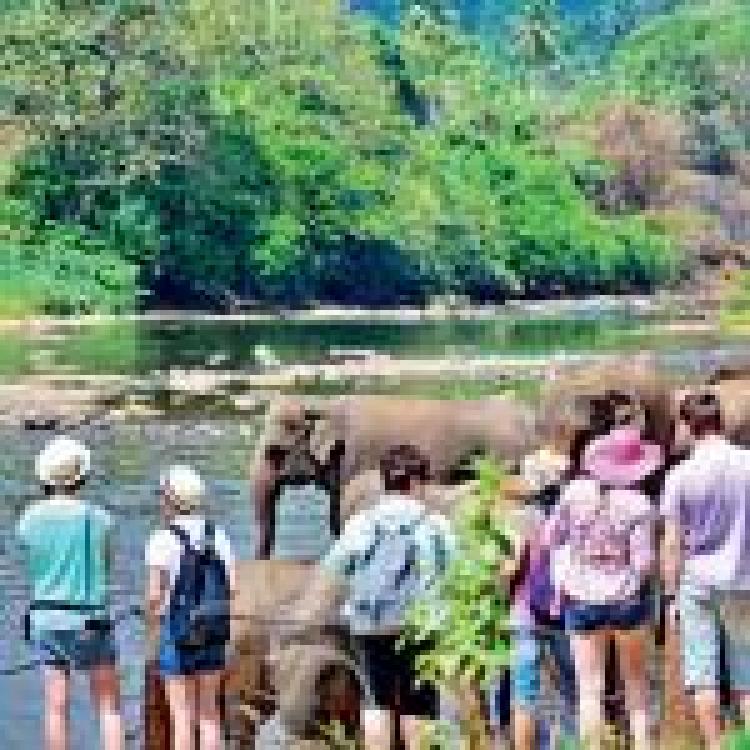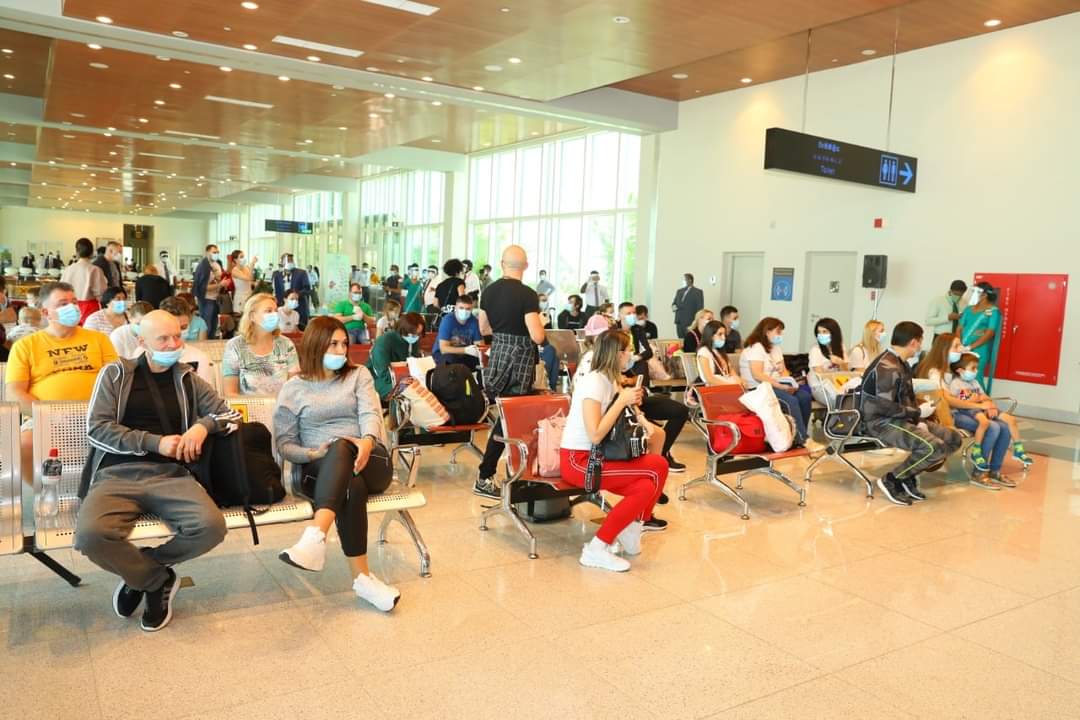
Tourists at Mattala International Airport
Three Ukrainian tourists who arrived in Sri Lanka have tested positive for COVID-19.
The first batch of 185 tourists arrived in Sri Lanka on the 28 December, being the first group of tourists to arrive in Sri Lanka for nine months. The second batch of 204 tourists arrived on the 29 December. The government has reopened Sri Lanka for tourists this week after closing its borders since March. The pilot project is expected to welcome tourists from various countries to assess its capability of handling flights and tourists amidst the pandemic.
The tourism sector contributes around 11% of the nation’s gross domestic product over the last 5 years but has seen a decline in visitors due to the COVID-19 pandemic and the Easter Sunday attack. Currently, Sri Lanka has had 42,702 recorded cases of COVID-19 and its militarised response to the pandemic has been widely criticised as it “exacerbates existing ethnic divides and further deteriorates human rights in Sri Lanka”.
Earlier this year Boram Jang, Legal Advisor at the International Commission of Jurists Asia & Pacific Programme raised concerns about Sri Lanka’s militarised response to the pandemic.
“Sri Lanka’s involvement of the military at every level, with limited parliamentary and civilian oversight, raises serious human rights and rule of law concerns”
“Having the military to oversee public health policy and to act as the State’s first responders also normalises military occupation, exacerbates the existing ethnic divides, and further deteriorates human rights in Sri Lanka”.
Read more here : Sri Lanka’s militarised COVID-19 response 'exacerbates ethnic divides'
Sri Lanka’s Militarised Tourist industry
In 2018 Sri Lanka's Campaign for Peace and Justice launched an ethical tourism campaign highlighting the ongoing concerns regarding militarisation of the Tamil homeland and the support the tourist industry provides to human rights abusers and war criminals.
Richard Gowing, Director of the Sri Lanka Campaign for Peace and Justice said.
The prospect of travelling to places like Syria and Myanmar ten years from now, and staying at hotels owned or run by individuals currently involved in appalling human rights violation, is one that would be unthinkable to most people….Yet sadly, that is precisely what is happening in Sri Lanka, where today the military are involved in running dozens of hotels and restaurants – not to mention golf courses, whale-watching tours and ferry services.”
Read more here : ‘Don’t holiday with war criminals’ – SL Campaign re-launches ethical tourism campaign
The campaign noted that in Sri Lanka today “the armed forces and other human rights abusers are deeply embedded in the tourism industry and poised to benefit from your spending”
“Despite the end of the fighting, serious human rights violations – including extra-judicial killings, torture, sexual violence, abductions , arbitrary detention and land-grabbing have persisted” it added.
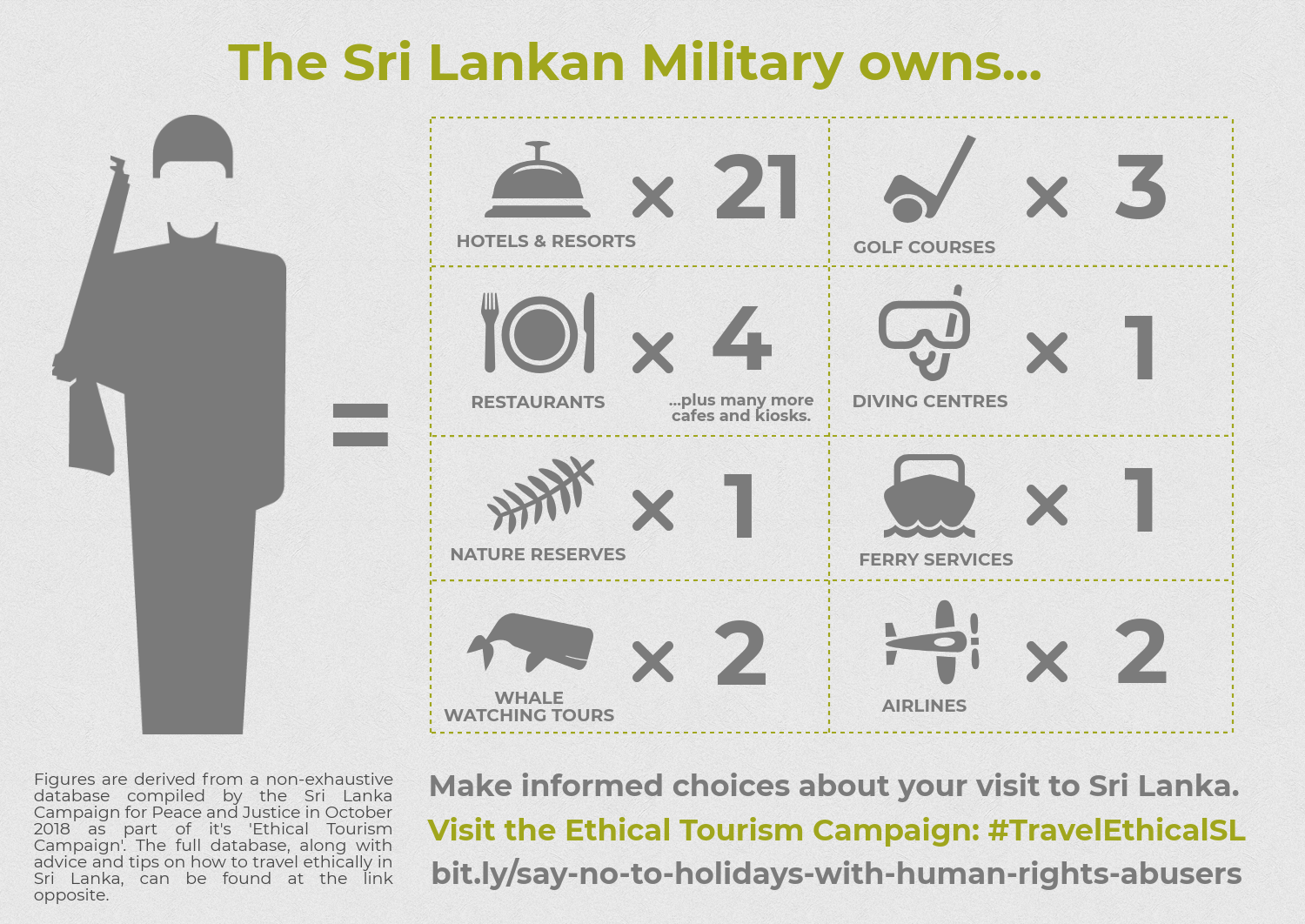
![]()

